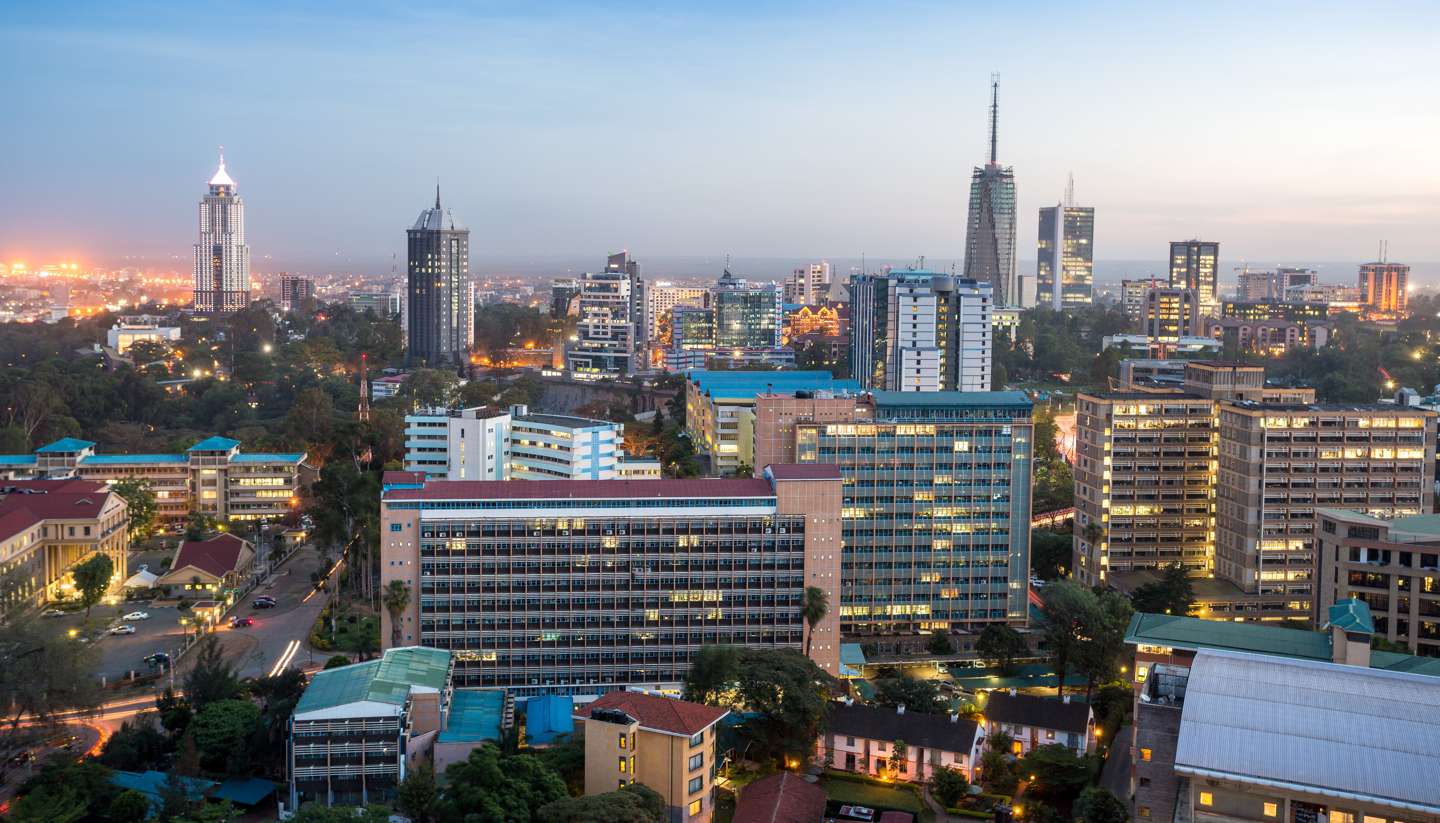Nairobi History
Founded by the British as a dusty railway depot in 1890, the once marshy area was turned into a hub for the Uganda Railway, which connected Mombasa in the East with the rubber tappers of Kampala. What the early planners didn't realise was how popular Nairobi's elevated position and abundant water supplies would prove to be with settlers, who flocked there to establish properties where they could.
Nairobi's reputation for safari tourism began then too as the city established itself as a holiday resort for big-game hunters, with British authorities moving to cordon off and protect vast stretches of wilderness all over the country. It proved so popular that even Ernest Hemingway visited in a quest to bag some game.
Behind the scenes however, all was not as well. Black locals, already struggling under the burden of heavy taxes, became incensed when laws were passed in 1915 that restricted land ownership to whites only. Grievances continued to fester and when WWII ended, these flared into unrest, eventually leading to Kenyan independence in 1963. Nairobi was duly installed as the capital.
Post-independence, Nairobi continued to grow and remained enormously popular with tourists. Problems, however, arose as the city's rapid expansion overwhelmed its infrastructure, leading to the development of the vast Kibera slum. The situation was worsened by rampant government corruption and a heavy-handed response dealt out by former President Daniel Arap Moi to any sign of resistance to his rule. As a result the city began to suffer a spate of thefts and muggings, giving rise to Nairobi's nickname, Nairobbery.
Today, the Nairobbery stereotype still holds true, although things have improved for the residents of Kibera since the removal of Moi in 2002.
Problems still remain, not least in the threat posed by Islamic terrorists, but with tightened security staving off some of the danger, Nairobi remains one of Africa's most popular – and intriguing – capitals.


